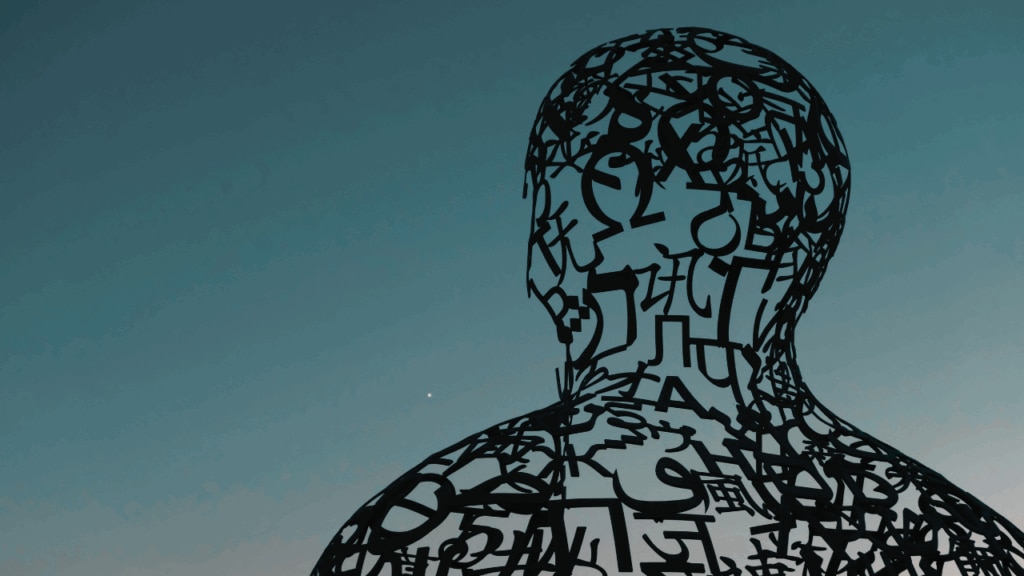Masood Khan, Detroit, USA

The crisis of isolation
We live in a time when modern comforts have brought about silent consequences; ease, entertainment, and instant access have made it easier than ever for young men to become disconnected from their faith, their community, their bodies, and ultimately, their purpose.
When you are young, you have an abundance of the most valuable capital in the world: time. And yet, many waste it because they haven’t been taught how to invest it. When men grow isolated, without mentors, physical discipline, or a tribe, they begin to decay mentally, spiritually, and physically.
As men, we were not created to drift through life passively. Islam teaches us that our role is to protect, provide, and guide, and that requires strength. Not just physical strength, but also strength of mind, character, and spirit.
Islam’s view on fitness and brotherhood
“A strong believer is better and more beloved to Allah than a weak believer.” (Sahih Muslim)
This hadith is not merely about physical strength; it’s about resilience, self-discipline, and reliability. In Islam, strength is not vanity; it is responsibility. The Promised Messiahas and his Khulafa’ have emphasised the importance of physical strength, recognising that a believer must have the capability to serve humanity, endure hardships, and uphold justice.
Hazrat Mirza Bashir-ud-Din Mahmud Ahmad, Khalifatul Masih IIra, once explained that forgiveness from a weak man appears cowardly, but forgiveness from a strong man is noble. Strength gives weight to your character and intentions.
Martial arts and mental clarity: Building grit and guardrails
A powerful solution to the spiritual and mental disconnection in today’s world is the structured discipline of martial arts. Sports like jiu-jitsu, wrestling, and judo teach far more than self-defence; they instil mental discipline, emotional control, and the humility to continuously improve.
When young men train in martial arts, they’re not just learning to fight; they’re learning when not to fight, how to stay composed under pressure, and how to lead with confidence. These “guardrails” are essential.
Islam recognises this importance. Hazrat Umarra ibn Khattab advised:
“Teach your children swimming, archery, and horse riding.” (Fadailur Ramyi Fi Sabilillah, Hadith: 15)
These and other types of martial arts and modern sports offer the same benefits of focus, teamwork, and confidence.
Science explains Islamic wisdom
- Study on Exercise and Mental Health (Harvard Medical School, 2021):
Research has shown that aerobic exercise is as effective as antidepressants in some cases of mild to moderate depression. It boosts endorphins and improves sleep, mood, and cognitive function. - National Institutes of Health (NIH) study on male social isolation (2020):
The study found that chronic isolation in men leads to higher rates of substance abuse, depression, and premature mortality. Social connection, mentorship, and purpose drastically reduce these risks.
These studies confirm what Islam taught over 1400 years ago: Men need community, discipline, and responsibility to thrive and physical health enables spiritual health.
Rediscover brotherhood and purpose
Most men today lack tribes. In the age of digital distractions, social media, and remote living, many men don’t even know their neighbours. Women, by contrast, maintain stronger emotional and social bonds, a strength that many men struggle to develop without guidance or faith-based support.
This is where the Jamaat comes in. Being connected to a religious community, attending Friday prayers, joining charity efforts, and volunteering for events is not just spiritual; it’s survival. Men need brotherhood, role models, and purpose to stay grounded.
Build habits:
- Pray in congregation
- Learn to read a room
- Make eye contact, greet people
- Serve your community
- Play sports, train martial arts, lift weights
- Be accountable to someone, mentor others and seek mentorship
Emotional strength and responsibility
You may hear: “It’s okay for men to cry.” That’s partially true. Yes, Islam allows for emotion; Prophet Muhammadsa wept when his son passed away, but it was always in the context of strength, not weakness.
Crying isn’t the problem. The issue is when young men skip the discipline and go straight to emotional breakdown at every minor inconvenience. That’s not strength; that’s fragility. True masculinity is about enduring, protecting, and standing firm, even when it’s hard.
لَقَدۡ خَلَقۡنَا الۡاِنۡسَانَ فِیۡ کَبَدٍ
“And We have certainly created man to face difficulties.” (Surah al-Balad, Ch.90: V.5)
Prophet Muhammadsa and his followers went through great hardships; incessant struggle was demanded of them to achieve their great goal. This verse points to the Holy Prophetsa returning to Mecca as a conqueror and that Mecca would submit to him and its inhabitants would enter the fold of Islam.
Sam Walton and situational awareness
Sam Walton, founder of Walmart, introduced “people greeters” not just to make customers feel welcome but to deter theft and keep an eye on the environment. It’s a simple example: situational awareness is a skill everyone must have, especially men.
Whether at home, at work, or in public, be alert. Know who’s around you. Protect your family. Guard your community. This is masculinity in action.
Conclusion: Build a life worth living
A man is meant to provide, protect, and procreate, in that order. He is meant to lead with compassion, strength, and faith. But this kind of man is not born; he is built, day by day, with habits rooted in spiritual discipline, physical effort, and emotional resilience.
Young men, take advantage of your time. Talk to strangers, build networks, learn skills, and attach yourself to a cause. Stay connected to Jamaat, volunteer, and train in a sport that demands focus and humility. Be the protector your community needs. Be the father your children deserve.
And most importantly, be a servant of Allah who honours the body, mind, and soul that He gave you.

